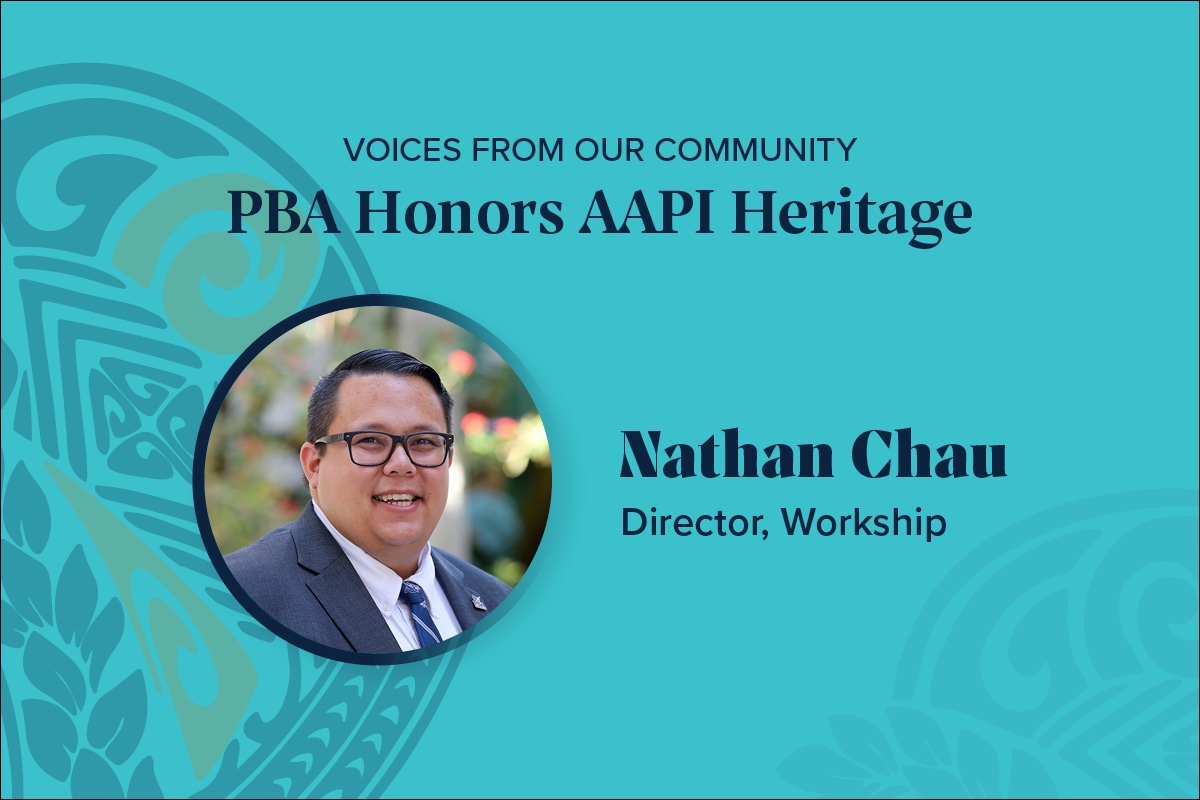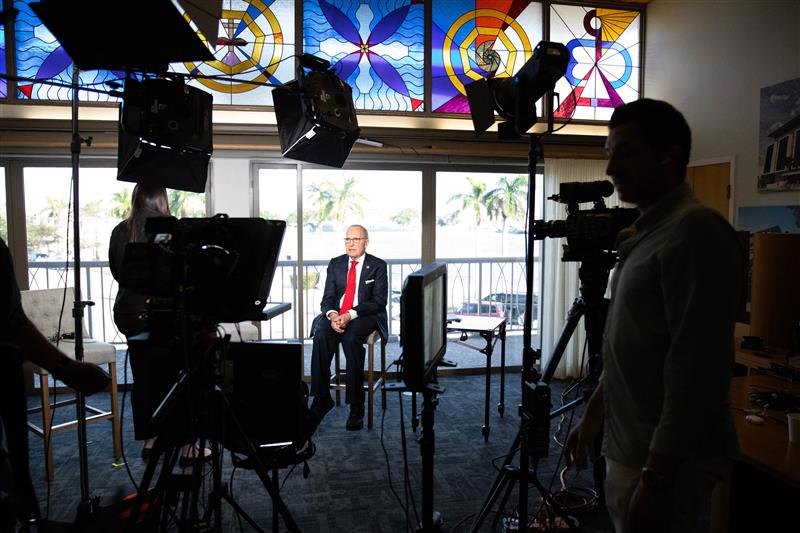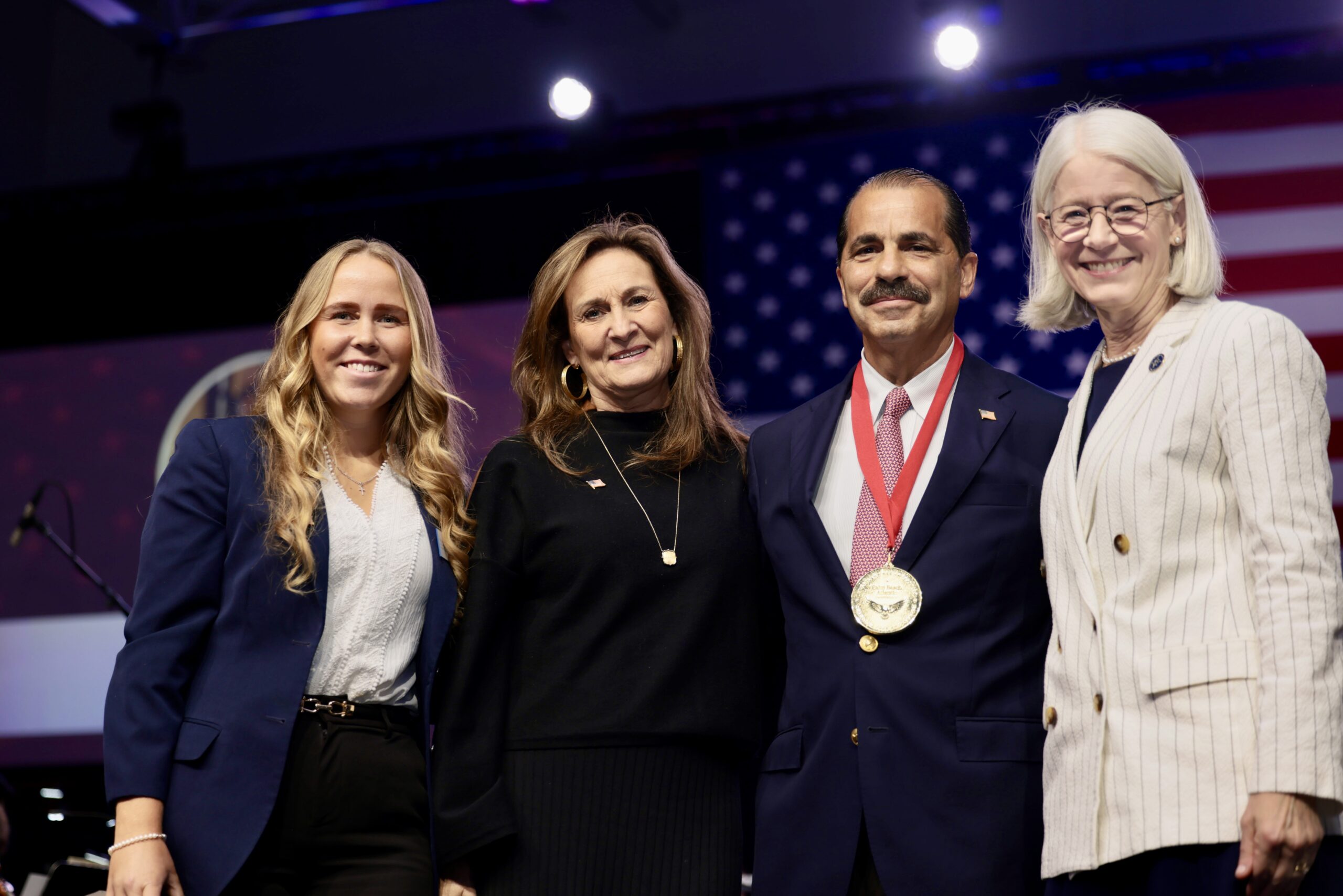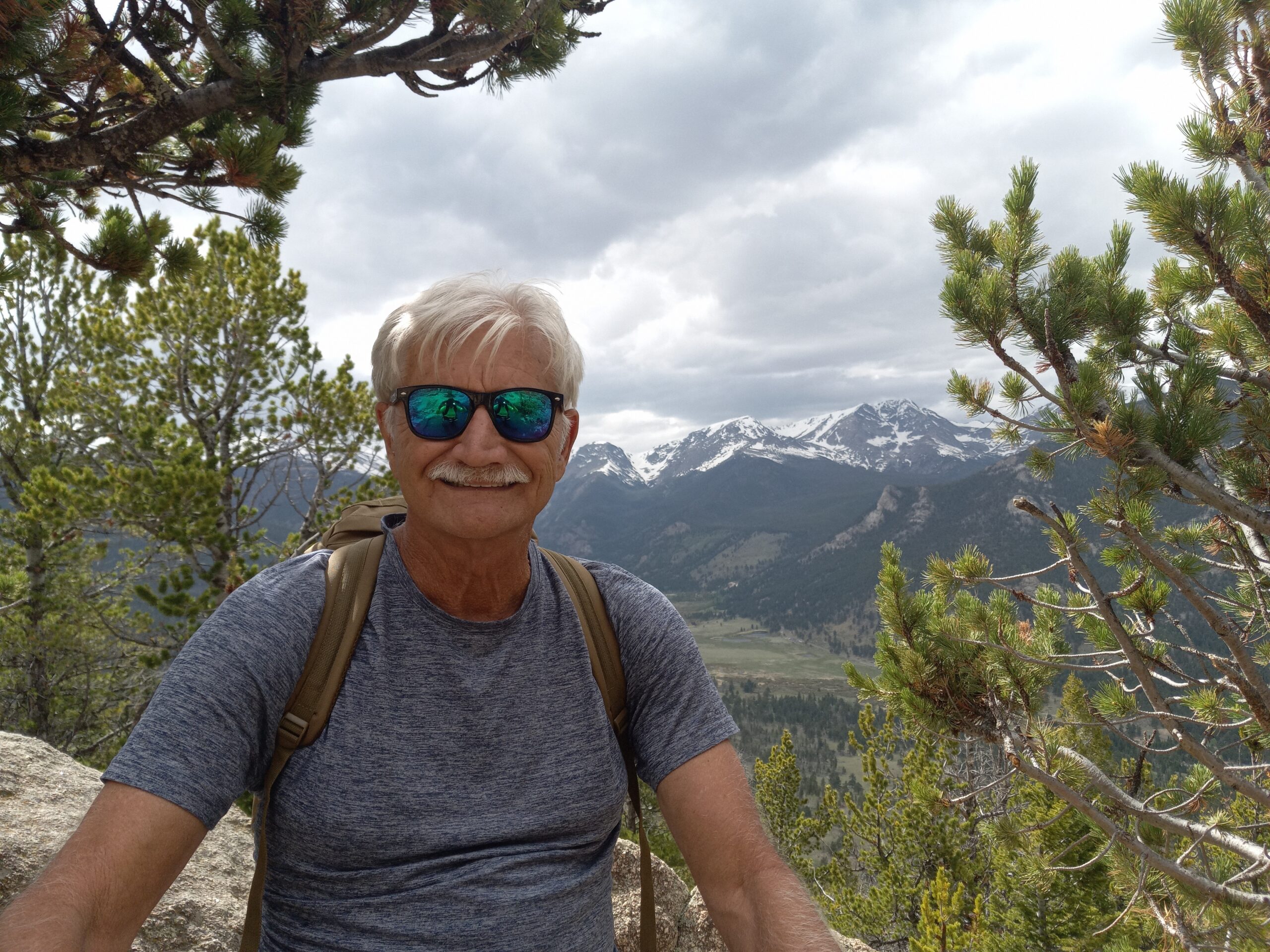Nathan Chau’s journey to becoming a pivotal Palm Beach Atlantic University (PBA) member began with an unexpected twist involving personal relationships and a shift in life plans. Initially studying at the University of South Florida, Nathan was introduced to PBA through a then-girlfriend who planned to apply to the institution. Despite their eventual separation, this serendipitous introduction led Nathan to transfer to PBA, setting the stage for his academic journey, career and ministry. Nathan Chau, currently serving as Director of Workship, laughs when he recalls learning about PBA but says he has experienced God’s divine calling.
“I originally planned to become a youth pastor after graduation,” he shares as he reflects on his time at the institution. “I didn’t realize student ministry could extend into higher education. My youth pastor at the time guided me through this, highlighting that serving students went beyond traditional church settings. This led me to embrace an available Workship position, aligning my passion for service with a broader educational mission. Just two days after graduating in 2013, I started my position at PBA, ready to follow where I felt led.”
PBA’s Workship program, which recently celebrated 4 million hours of service since its establishment in 1968, allows students to engage in community service. The model has allowed Nathan Chau to passionately guide students to discover how they could impact their communities and find their vocations. Through Workship, Chau has facilitated a continuous increase in Workship and helped shape countless lives by connecting students with opportunities that align with their personal and spiritual growth. In April 2024, he was celebrated as PBA’s Employee of the Year. For Chau, however, it is not a recognition of the individual but the collective support that allows the recipient to do their work well.
“I owe who I am to the incredible people I work with across student development, leadership and other campus departments. Whether it’s engaging in special projects, serving together on MLK Day, or stepping up for unexpected duties, it’s these collaborations that enrich my role. This award isn’t just for me; it honors all those relationships and the collective spirit of service we share at PBA.”
Faith, Heritage and Profession
Reflecting on what has been the most significant challenge in his career, Chau cites it has been adjusting to change.
“When change happens, I feel like fear sneaks in because of the uncertainty,” he says. “I always feel like that’s a distraction Satan wants to kind of deploy on you. And so how I’ve overcome change is just staying on track to what the mission is here, realizing that the change happening is not because of me, and staying focused on what the Lord has called me here to do and that we’re here to serve the students. And at the end of the day, it’s all about the students and seeing their lives be transformed.”
Chau’s spiritual journey and cultural identity are deeply intertwined and profoundly influenced by his family’s history. His father, originally from Hong Kong and raised Buddhist, converted to Christianity during his battle with liver cancer. His father’s understanding of Christ was made possible through missionaries who would visit Inverness in Florida. Chau’s father passed away when he was 10 years old.
“We grew up going to church,” explains Chau. “My father was open-minded about us going to church, even though he was raised Buddhist. After his diagnosis with the liver cancer that ultimately took his life, our relationship with missionaries from our church, who served in China, grew stronger. They connected with my father, creating a bond over shared cultural backgrounds. Interestingly, my parents ran a Chinese restaurant, which became a place where these missionaries often gathered.”
Watching his father come to faith and then seeing how his mother, born in Tennessee, anchored into prayer as she raised two boys on her own, shaped Chau’s faith and perspective on life, eventually leading him to his relationship with Christ at age 12.
Chau’s approach to his work at PBA is deeply informed by these experiences. He integrates his Asian heritage and Christian values, viewing his role not merely as a job but as a ministry that extends his father’s legacy through community engagement and service.
Celebrating Asian American Pacific Islander Heritage Month
For Chau, AAPI Heritage Month is an opportunity to foster a deeper understanding and appreciation for the diverse backgrounds that enrich the university community. He advocates for more active engagement and dialogue in celebrating the different people within God’s creation.
”Whether it’s AAPI, Black History, Hispanic Heritage, I think with anything, we need to have conversations with people whose culture or backgrounds are different from ours,” he says. “Food makes people happy, so have a meal and discuss that. Why are we different? How did God make us different? Maybe it’s not so much why we’re different, but what makes us different? And celebrate those things,” he suggests.
Chau feels that PBA’s Christ-centered ethos significantly contributes to a culture of inclusion and acceptance, albeit acknowledging that inclusion can mean different things to different people.
“We’re family, and that’s the way I look at it, and that’s the way I’ve been accepted,” he explains, highlighting the sense of belonging he has felt within the university community.
Find out more about PBA’s Workship and Nathan Chau’s work here.



